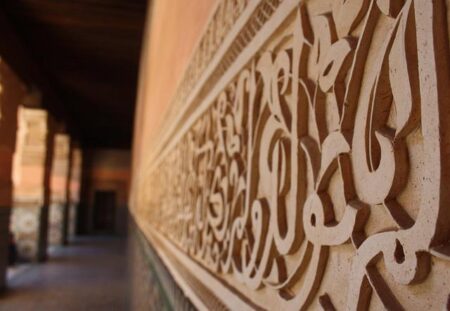Introduction
As the strategic waters of the Red Sea continue to gain significance in global geopolitics, Eritrea finds itself at the crossroads of regional tensions and international interests. Nestled between the Arabian Peninsula and the Horn of Africa, Eritrea’s location has always made it a focal point for both maritime trade and geopolitical maneuvering. In recent years, the nation has sent mixed signals regarding its foreign policy and alliances, contributing to a complex narrative that reflects broader regional dynamics. This article aims to unpack the implications of Eritrea’s actions and rhetoric, examining how its relationships with neighboring states and global powers influence stability in the Red Sea. By analyzing Eritrea’s role in this intricate geopolitical landscape, we seek to shed light on the challenges and opportunities that lie ahead for the nation and its partners as they navigate the intricate web of alliances and rivalries in this vital maritime corridor.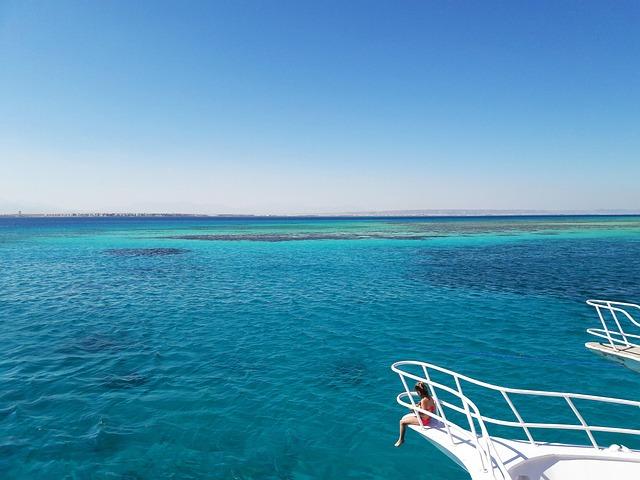
Eritrea’s Strategic Position in Red Sea Geopolitics
The strategic positioning of Eritrea along the Red Sea coast places it at the heart of a complex geopolitical landscape. Facing the Arabian Peninsula across the water, Eritrea not only offers access to vital shipping lanes but also serves as a pivotal point for regional players seeking to assert their influence. The country’s ports, particularly Massawa and assab, have become essential for logistics and military endeavors, making Eritrea a focal point in the ongoing competition for dominance in the Red Sea. As nations navigate alliances and rivalries, Eritrea’s relationships with neighboring countries such as Ethiopia, Sudan, and even distant powers like the United States and China, play a critical role in shaping the broader geopolitical dynamics of the region.
Moreover, Eritrea’s unique mix of isolationism coupled with strategic partnerships presents a dual narrative that perplexes observers. While the country’s leadership has historically emphasized sovereignty and self-reliance, recent developments suggest a more nuanced approach to external relations. Notably, Eritrea’s participation in the Gulf of Aden’s security dialogues and its increasing military cooperation with regional allies indicate a shift towards embracing collaborative strategies.This balancing act allows Eritrea to leverage its geographic advantages while maintaining control over its internal policies. The unfolding situation showcases the intricate layers of diplomacy at play, as the nation navigates the pressures of foreign interests with its national aspirations.
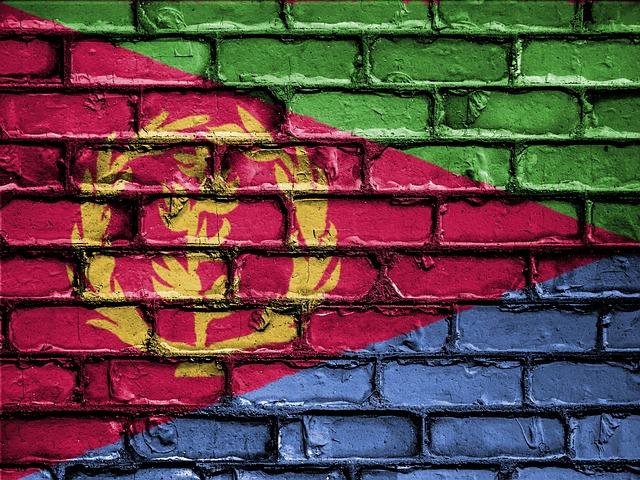
Understanding Eritrea’s Foreign Policy Dynamics
Eritrea’s foreign policy is characterized by a complex interplay of regional interests and past legacies.It grapples with the influences of neighboring countries while navigating its positioning within larger geopolitical frameworks. The red sea’s strategic importance plays a central role, cutting across various international agendas. Eritrea has cautiously engaged with both regional partners and global powers,seeking to balance its sovereignty with the potential benefits of foreign alliances. Key factors shaping Eritrea‚Äôs foreign policy include:
- Geographical Positioning: Proximity to vital shipping lanes.
- Historical Tensions: Lingering conflicts with Ethiopia and ongoing border disputes.
- Resource Management: Control over natural resources and potential foreign investments.
Moreover, Eritrea‚Äôs approach is underscored by a resilient sense of nationalism and a desire for self-determination. As it strives to navigate the currents of international diplomacy, the nation often exhibits a tendency for ambivalence, leading to mixed signals on its alliances and commitments. The entanglement of foreign relations with domestic priorities reveals a multifaceted strategy that prioritizes national interests while simultaneously adapting to shifting geopolitical tides. The following table highlights Eritrea’s key international relations:
| Country/Entity | Relationship Status | Major Engagement Areas |
|---|---|---|
| Djibouti | strained | Border disputes, Trade |
| Saudi Arabia | Positive | Investment, Security |
| United States | Complex | Counter-terrorism, Human rights concerns |
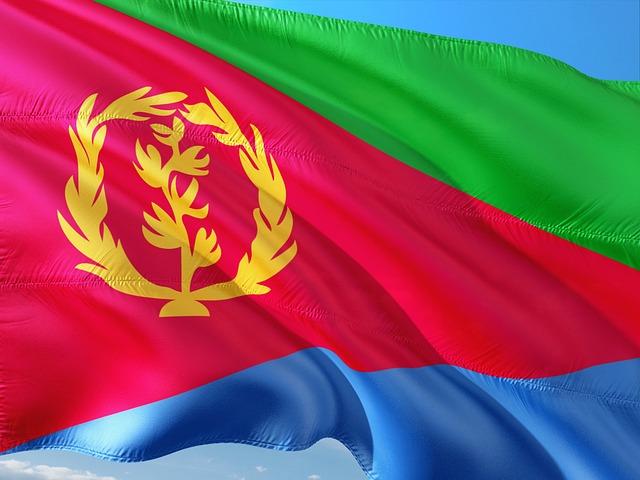
The Role of Regional Actors in Shaping Eritrea’s Influence
The landscape of the Red Sea has always been shaped by the strategic interests of various regional actors, and Eritrea’s influence is no exception. Nestled between the vital maritime trade routes of the Red Sea and the Gulf of Aden, Eritrea has the potential to be a pivotal power player in the geopolitics of the region. Recently, key factors have driven Eritrea to engage with surrounding nations, impacting its influence and positioning. These factors include:
- Geostrategic Location: Eritrea’s coastline provides access to major shipping channels,making it a crucial logistics hub.
- Political Alliances: Partnerships with nations like the UAE and Saudi arabia have strengthened Eritrea’s military capabilities and economic prospects.
- Counterterrorism Efforts: Eritrea has positioned itself as a partner in counterterrorism, appealing to regional powers concerned about instability from neighboring conflicts.
Moreover, the interplay between these regional actors and Eritrea could determine the balance of power in East Africa. The ongoing dominance of Ethiopia, coupled with the interests of Egypt concerning the nile waters, complicates Eritrea’s geopolitical maneuvering. A vital aspect influencing Eritrea’s diplomatic stance involves:
| Regional Actor | Influence on Eritrea |
|---|---|
| Saudi Arabia | Economic investment and military support against regional threats. |
| United Arab Emirates | Strategic partnerships involving ports and military bases. |
| Ethiopia | Ongoing rivalry impacts Eritrea’s regional alliances. |
| Egypt | Concern over Eritrea’s alliances influencing Nile water negotiations. |

Internal Challenges: The Impact of Domestic Politics on Eritrea’s Geopolitical Stance
The interplay of domestic politics in Eritrea significantly shapes its geopolitical stance,often leading to mixed messages that confuse allies and adversaries alike. Key internal challenges include:
- Political Repression: The government’s strict control over political dissent hinders open dialog and reform, creating a climate of instability.
- Economic Strain: The nation’s economy, plagued by unemployment and a lack of resources, affects decision-making, often forcing Eritrea to align with external powers for aid and support.
- Nationalism vs. Diplomacy: A strong nationalist sentiment complicates diplomatic relations, as leaders may prioritize sovereignty over international cooperation.
Additionally, Eritrea’s leadership faces pressures from regional dynamics and historical grievances, which complicate its diplomatic posture. A recent analysis of key foreign relations outcomes illustrates this tension:
| Country | Relations Status | Key Issues |
|---|---|---|
| Saudi Arabia | Strained | Economic dependency vs. political freedom |
| Egypt | Complex | Water rights disputes and historical rivalries |
| Sudan | cooperative | Joint security interests and trade |
These dynamics indicate that domestic issues not only influence Eritrea’s stability but also its foreign policy, leading to a diplomatic inconsistency that can hinder both regional cooperation and global partnerships.
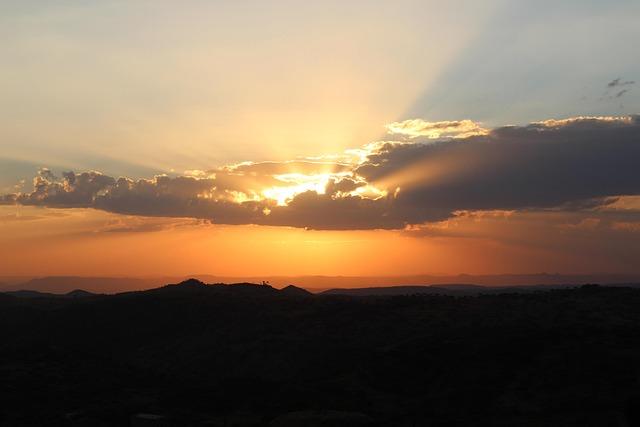
Recommendations for Engaging with Eritrea in the Red sea Context
Effective engagement with Eritrea in the context of Red Sea geopolitics requires a nuanced understanding of its strategic priorities and regional aspirations. To foster constructive dialogue, stakeholders should consider the following approaches:
- Develop Bilateral Relations: Countries should prioritize building direct partnerships with Eritrea to address mutual interests, particularly in security and trade.
- Encourage Economic development: Investing in infrastructural projects can create dependence and foster a cooperative relationship in the Red sea region.
- Promote Inclusivity: Engage Eritrea in broader regional dialogues involving Horn of Africa nations to enhance stability and security interests.
- Leverage Regional Organizations: Use platforms like the Intergovernmental Authority on Development (IGAD) to mediate and facilitate discussions.
Moreover, understanding Eritrea’s position on key regional issues is essential for effective policy formulation. Below is a table summarizing key points for diplomatic engagement:
| Key area | Strategic Importance |
|---|---|
| Security Cooperation | Addressing shared threats, including piracy and terrorism. |
| Trade Opportunities | Exploring trade routes and partnerships to enhance economic ties. |
| Environmental Concerns | Collaborating on lasting practices within the Red Sea ecosystem. |
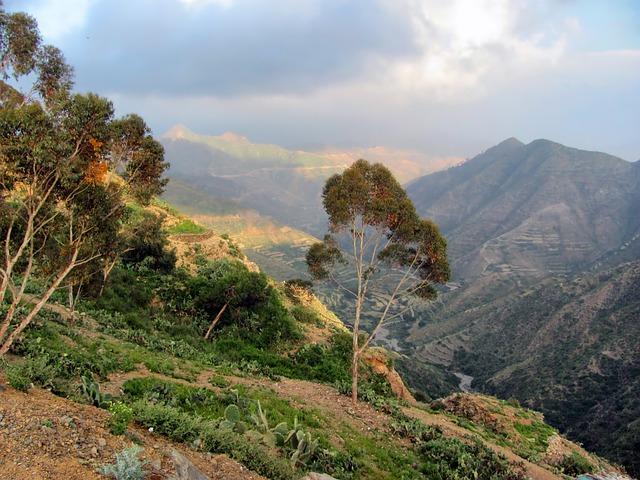
The Future of Red Sea Geopolitics: Navigating uncertainty and Opportunity
The Red Sea region, an intricate tapestry of political dynamics and shifting alliances, finds itself at a crucial crossroads as both regional and global stakeholders reassess their strategies. Eritrea, a nation often viewed through the lens of isolationism, has recently showcased a perplexing array of diplomatic gestures that may signal a broader realignment of its foreign policy. Key factors influencing Eritrea’s positioning include:
- Strategic Location: Eritrea’s coastline provides vital access to major shipping lanes, making it an essential player in international maritime trade.
- Resource Potential: The country’s untapped natural resources, particularly in minerals, attract foreign investment interest.
- Proxy Influences: Competing influences from regional powers like Saudi arabia and the UAE further complicate Eritrea’s geopolitical landscape.
As Eritrea navigates its relationships,the potential for both uncertainty and opportunity looms large. With ongoing tensions in neighboring Ethiopia, the implications of Eritrea‚Äôs emerging stance on regional stability are significant. An analysis of Eritrea’s recent military exercises and economic partnership agreements reveals a dual strategy of fostering internal security while asserting its role as a regional influencer. The following table outlines recent developments and their implications for regional geopolitics:
| Development | Implication |
|---|---|
| Military Alliances with Gulf states | Potential shift in power dynamics within the Horn of Africa |
| Increased Foreign Investment | Elevation of Eritrea’s international standing and economic prospects |
| Diplomatic Talks with Ethiopia | possibility of heightened regional cooperation or renewed conflict |
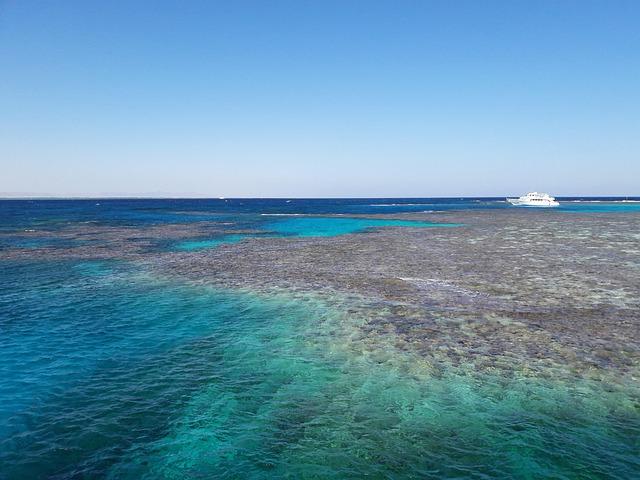
The Conclusion
the evolving geopolitical landscape of the Red Sea region, particularly as it pertains to Eritrea, underscores a complex interplay of national interests, regional alliances, and international influences. Eritrea’s strategic position at the crossroads of Africa and the Middle East has made it a focal point for various geopolitical actors, each vying for access to its ports and influence in its decisions.The mixed messages emanating from asmara reflect the delicate balancing act that Eritrean leaders must perform in navigating relationships with neighboring countries and global powers.
As the Red sea becomes increasingly significant in global trade routes and security issues‚ÄĒespecially with the rise of new maritime threats and the ongoing tug-of-war between major powers‚ÄĒEritrea’s actions and policies will be closely watched. Understanding the nuances of its foreign relations will be essential for policymakers and analysts alike, as they seek to decipher the implications of Eritrea’s stance for the broader regional dynamics. As this narrative unfolds, stakeholders must remain vigilant, recognizing that the stakes are high and the potential for both cooperation and conflict remains ever-present in this geopolitically crucial area.


